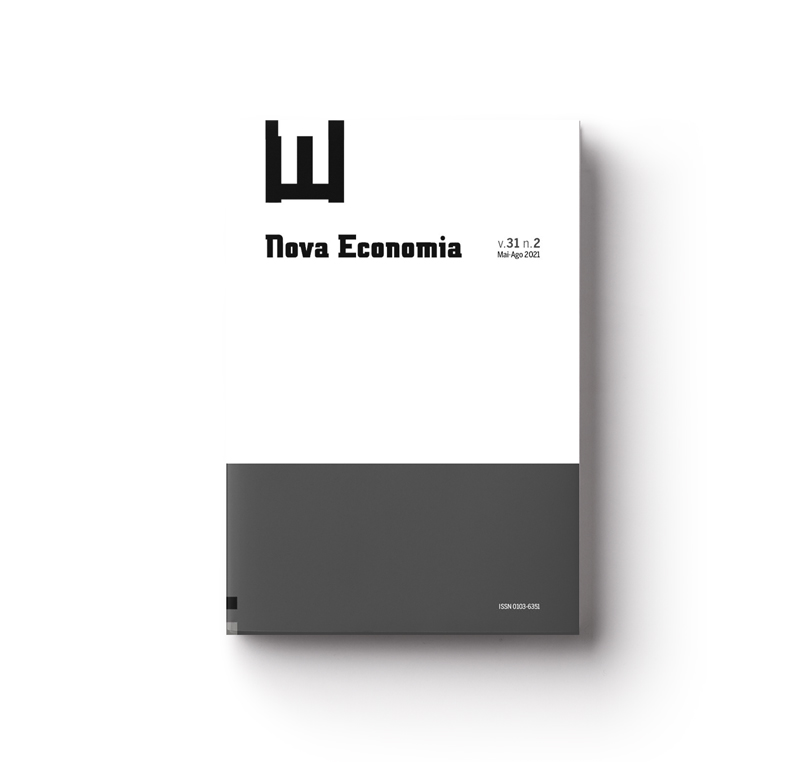Keynes, Sraffa e a tradição de Cambridge: notas sobre a diversidade de paradigmas
Resumo
Resumo
Este artigo examina a interpretação da teoria econômica de John Maynard Keynes inspirada na obra de Piero Sraffa sobre os preços. Após breve introdução, a segunda seção considera até que ponto o multiplicador, tal como proposto por autores sraffianos, exaure o princípio da demanda efetiva sem levar em conta a tradição de abordagem psicológica da economia desenvolvida em Cambridge, bem como a concepção de incerteza formulada na Teoria Geral. A terceira seção trata dos aspectos monetários do pensamento de Keynes e de sua compatibilidade com o conceito de preços de reprodução de Sraffa calculados com base numa taxa uniforme de lucro. Na quarta seção analisa-se a controvérsia sobre o retorno de técnicas, a sua conexão com a multiplicidade de taxas internas de retorno, bem como a relação entre configuração produtiva e distribuição de renda. Nas considerações finais, os pontos de bifurcação entre os paradigmas analíticos keynesiano e sraffiano são ressaltados.
Palavras-chave: demanda efetiva; expectativas; centro de gravitação; produtividade do capital; taxas de lucro.
Códigos JEL: B22, B24, B41
Downloads
Publicado
Como Citar
Edição
Seção
Licença
Copyright (c) 2021 Sérgio Fornazier, Rogério Arthmar

Este trabalho está licenciado sob uma licença Creative Commons Attribution 4.0 International License.
Autore[a]s que publicam nesta revista concordam com os seguintes termos:
- Autore[a]s mantém os direitos autorais e concedem à revista o direito de primeira publicação, com o trabalho simultaneamente licenciado sob a Licença Creative Commons Atribuição 4.0 Internacional que permite o compartilhamento do trabalho com reconhecimento da autoria e publicação inicial nesta revista.
- Autore[a]s têm autorização para assumir contratos adicionais separadamente, para distribuição não-exclusiva da versão do trabalho publicada nesta revista (ex.: publicar em repositório institucional ou como capítulo de livro), com reconhecimento de autoria e publicação inicial nesta revista.
- Autores têm permissão e são estimulados a publicar e distribuir seu trabalho online (ex.: em repositórios institucionais ou na sua página pessoal) a qualquer ponto antes ou durante o processo editorial, já que isso pode gerar alterações produtivas, bem como aumentar o impacto e a citação do trabalho publicado (Veja O Efeito do Acesso Livre).




